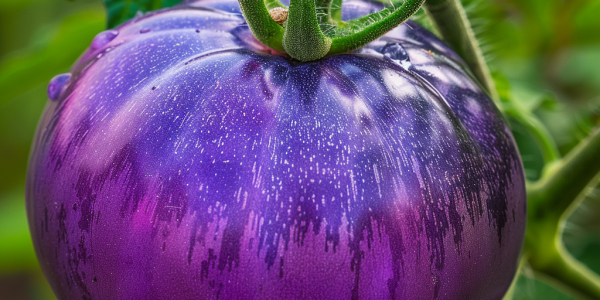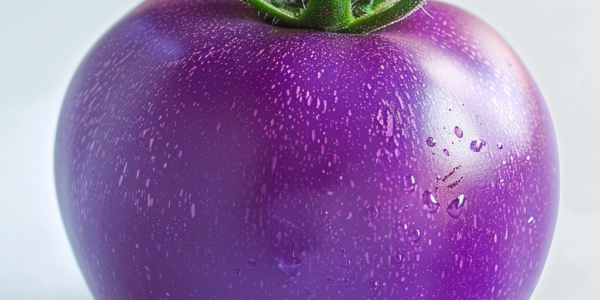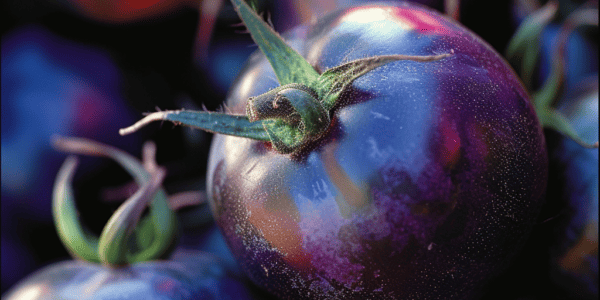Poland Extends GMO Feed Use Until 2030 Amid Agricultural Concerns
Poland has extended the use of genetically modified organisms (GMO) in animal feed until 2030, allowing farmers to import GMO crops like soya for five more years. This decision, signed by President Andrzej Duda, aims to mitigate potential economic impacts on the agricultural sector and aligns with the EU’s relaxed stance on GMO regulations. As Poland remains a key player in the EU agricultural market, this legislative change is critical for maintaining competitive pricing and supporting poultry producers reliant on GMO feed.
Djibouti Releases Genetically Engineered Mosquitoes to Combat Malaria
Djibouti launches groundbreaking initiative in the fight against malaria by releasing genetically engineered mosquitoes to combat the invasive Anopheles stephensi mosquito. The Djibouti Friendly Mosquito Programme, a collaborative effort, aims to reduce urban malaria cases. Uganda also plans to implement a similar strategy targeting Anopheles funestus. Genetically modified mosquitoes were previously released in Burkina Faso in 2019 to prevent offspring production.
Controversy Surrounds Mislabeling of Bioengineered Tomato Seeds
The recent mix-up involving bioengineered tomato seeds has sparked concerns about the inadvertent spread of GMO crops. The controversy surrounding the Purple Galaxy Tomato, initially touted as non-GMO but later revealed to be a GMO variety known as the Purple Tomato, has reignited debates on biodiversity and GMO seed dissemination. Despite initial skepticism, the Purple Tomato, engineered to be high in antioxidants, has been approved for sale in the US. The incident underscores the complexities of seed production and distribution in an era where genetic engineering is prevalent.
The Purple Tomato: A Game-Changer in Urban Farming
The Purple Tomato, a genetically modified food crop developed by Norfolk Plant Sciences, is now available to home gardeners in the US. Packed with high levels of anthocyanin, this unique tomato aims to challenge negative perceptions surrounding GMO foods and highlight the potential benefits of biotechnology in agriculture.
Genetically Modified Purple Tomato Now Available to Home Gardeners in the U.S.
The Purple Tomato, a genetically modified fruit with high levels of anthocyanin, is now available to home gardeners in the U.S. Developed by Norfolk Plant Sciences, this unique tomato is the result of 20 years of research to incorporate color genes from a snapdragon flower. By directly marketing to home gardeners, the company aims to change perceptions of GMO foods, emphasizing the health benefits of biotechnology. The tomato, developed by biochemist Cathie Martin, offers potential health advantages to consumers.





